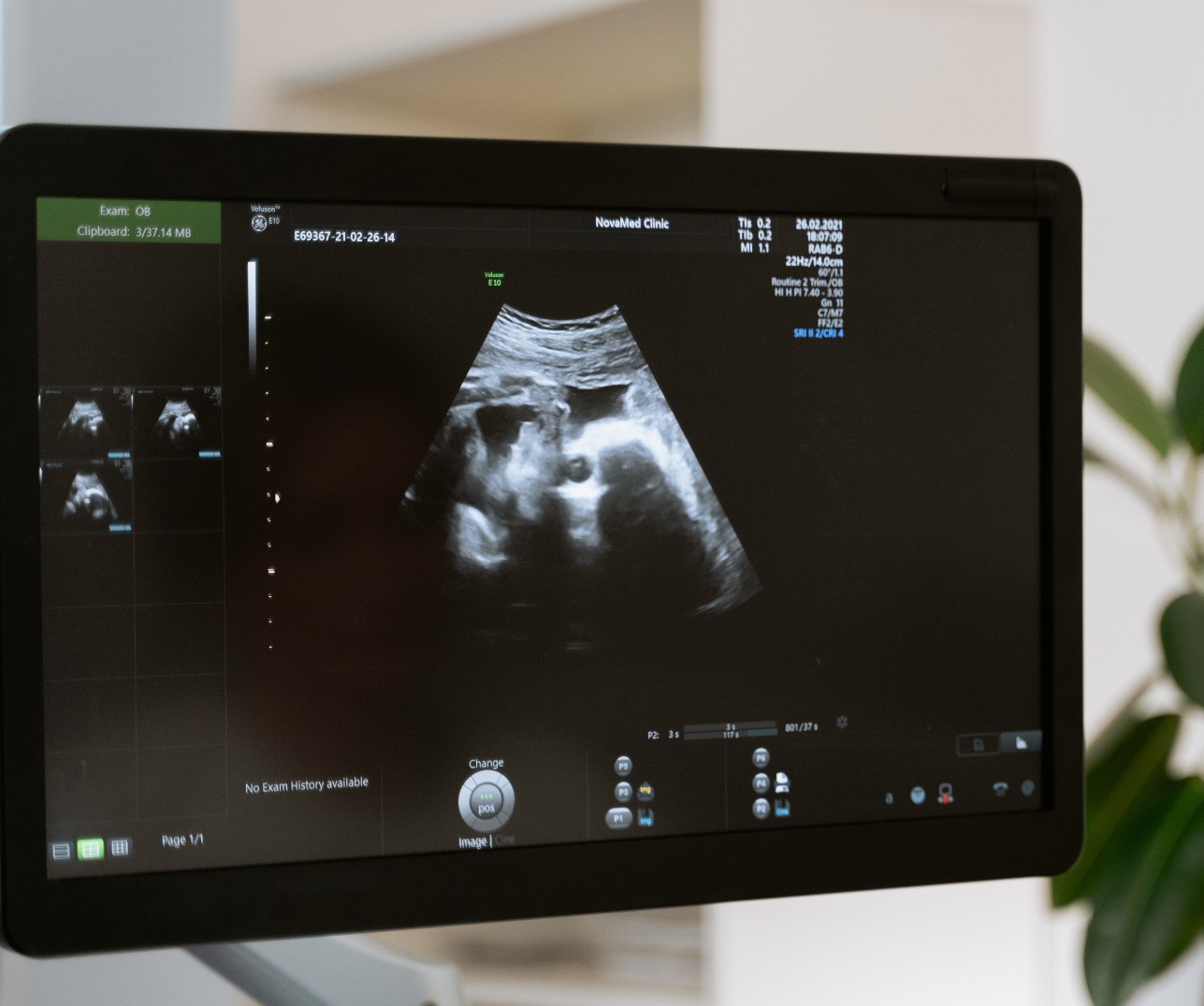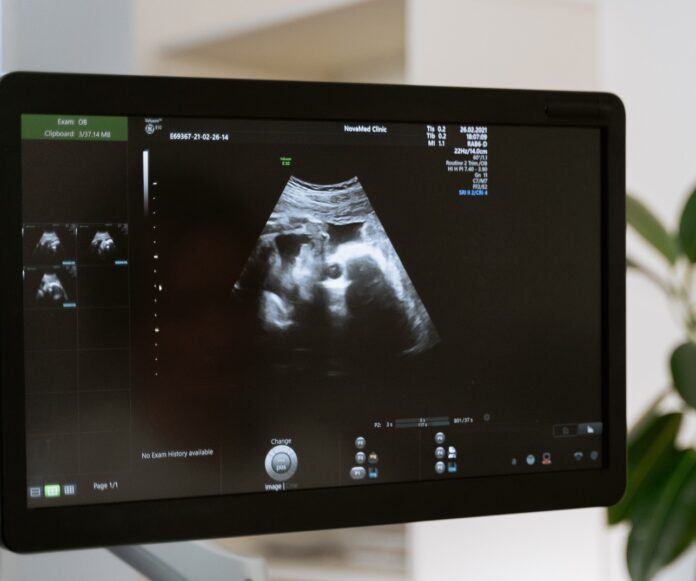By Doris Kathia
Nairobi, Kenya: Maternal death refers to the loss of a woman’s life during pregnancy, childbirth, or within 42 days of delivery, this remains to be a grave concern that demands immediate attention.
Kenya, like many developing countries, faces significant challenges in combating this issue. With accurate statistics and a focus on prevention, it is crucial to examine the situation of maternal deaths in Kenya and identify effective strategies to save lives.
Tragically, maternal mortality remains a pressing issue in Kenya. According to the World Health Organization (WHO), approximately 810 women die every day from preventable causes related to pregnancy and childbirth.
This equates to roughly 295,000 maternal deaths annually. In Kenya, the maternal mortality ratio stands at 342 deaths per 100,000 live births. This means that nearly 6,300 Kenyan women lose their lives each year due to complications related to pregnancy and childbirth.

Moreover, for every woman who dies, many more suffer from severe complications, such as obstetric fistula, infections, or disabilities. These numbers are simply unacceptable in a world that prides itself on progress and equality.
Despite significant progress over the years, countless women around the world continue to suffer and die during pregnancy and childbirth. This is not only a tragedy for individuals and families but also a reflection of the systemic failures that persist in healthcare systems worldwide. It is high time for governments, policymakers, and the international community to prioritize maternal health as a fundamental human right and take bold steps to reduce maternal mortality rates.
One of the key factors contributing to maternal mortality is the lack of access to comprehensive reproductive healthcare services. In low-income countries, where the majority of maternal deaths occur, women often face tremendous barriers to quality healthcare.
Limited access to prenatal care, skilled birth attendants, emergency obstetric services, and postnatal care significantly increases the risk of complications and death. Additionally, cultural, and social norms, gender inequality, and poverty exacerbate the problem, leaving marginalized communities particularly vulnerable.
To address these challenges, governments must prioritize maternal health by investing in healthcare infrastructure, training skilled healthcare workers, and ensuring the availability of essential medical supplies and technologies. This requires allocating adequate financial resources and adopting comprehensive policies that prioritize the needs of pregnant women and new mothers. Furthermore, efforts should focus on building robust referral systems to ensure that women can access appropriate medical care throughout their pregnancy and childbirth journey.
Education and awareness are also vital components of any strategy to improve maternal health. Communities must be empowered with knowledge about reproductive health, family planning, and the importance of seeking timely medical care. By promoting gender equality and challenging harmful cultural practices, such as child marriage and female genital mutilation, we can create an environment where women’s health is valued and protected.
The international community also has a crucial role to play in addressing maternal health and mortality. Donor countries and international organizations should increase their financial support for maternal health programs in low-income countries. Additionally, they must advocate for policy changes and work collaboratively to ensure that global health agendas prioritize maternal health.
Lastly, it is essential to recognize that maternal health is not solely a women’s issue. Engaging men, communities, and stakeholders at all levels is crucial for sustainable change and solutions that transcend borders and save lives. Men must be encouraged to take an active role in supporting their partners throughout pregnancy and childbirth. Community leaders, religious institutions, and civil society organizations can play a pivotal role in promoting awareness, challenging harmful traditions, and advocating for policy changes.
I call on the Ministry of Health to launch and implement the much-delayed Clinical handbook on the big five Causes of maternal deaths to create a world where every woman has access to safe and dignified maternal care. It is time to end needless suffering and preventable deaths.
Ms. Kathia, is a communications consultant, and Sexual and reproductive health rights (SRHR) youth advocate at NAYA. doriskathia@gmail.com














